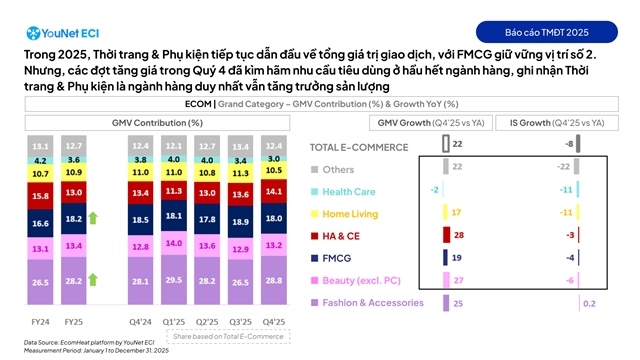Jan-Aug sees trade surplus of US$3.4 billion
Jan-Aug sees trade surplus of US$3.4 billion
Vietnam exported nearly US$170 billion worth of products and spent US$166.58 billion on imports in the January-August period, resulting in a trade surplus of US$3.4 billion so far this year.
According to the Ministry of Industry and Trade, exports in the eight-month period rose 7.3%, while imports were up 8.5% over the same period last year, news site Vietnamplus reported.
In the period, 26 kinds of merchandise reported export revenue of over US$1 billion each, accounting for 89.5% of the country’s total export turnover.
In August alone, the country recorded a trade surplus of US$1.7 billion, equivalent to the trade surplus in the January-July period.
Specifically, Vietnam exported goods worth US$24.5 billion in August, up 6.6% month-on-month, while imports reached US$22.8 billion, down 0.6%.
In the eight-month period, the United States remained Vietnam’s largest import market, with revenue of US$38.6 billion, up more than a quarter over the same period last year.
The European Union came in second with nearly US$28 billion, followed by China with US$24 billion and the ASEAN with US$17 billion.
According to experts, the country will continue seeing positive results in trade during the rest of the year.
However, the export revenues of some traditional commodities, such as rice, coal and crude oil, fell in the period. Therefore, local enterprises should take advantage of incentives from free trade agreements that Vietnam has signed, focusing on ensuring the clear origin of their products.
The Ministry of Industry and Trade has asked the Import and Export Department to work out solutions to boost exports.
In addition, the department should coordinate with the Trade Remedies Authority of Vietnam to review products prone to trade disputes to proactively take steps to avoid disputes.
The department was also assigned to cooperate with associations to review markets that have reported a decline in export revenues to find the causes and solutions to address it.
It must especially enhance control over imports, such as automobiles and sugar.






















